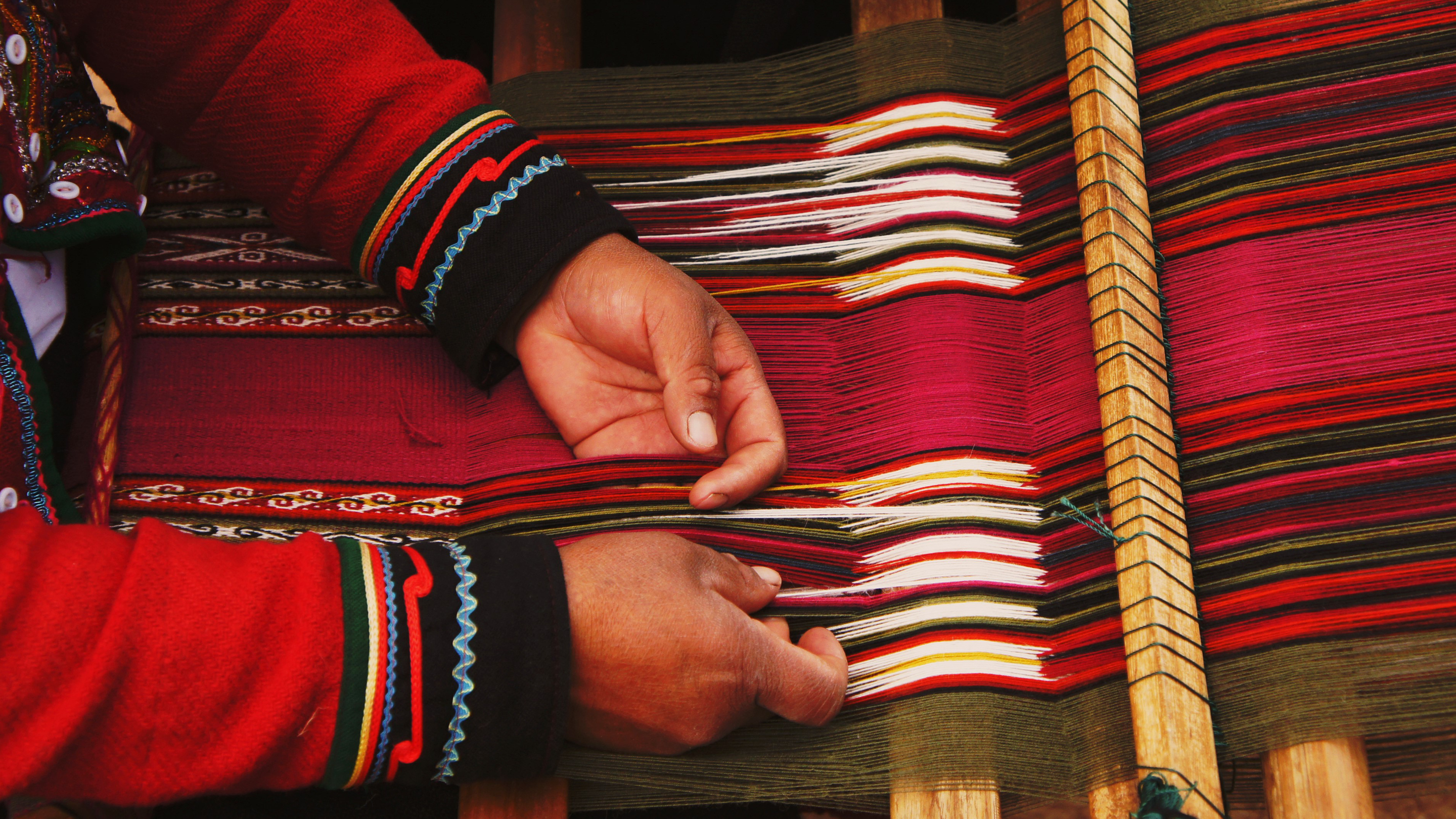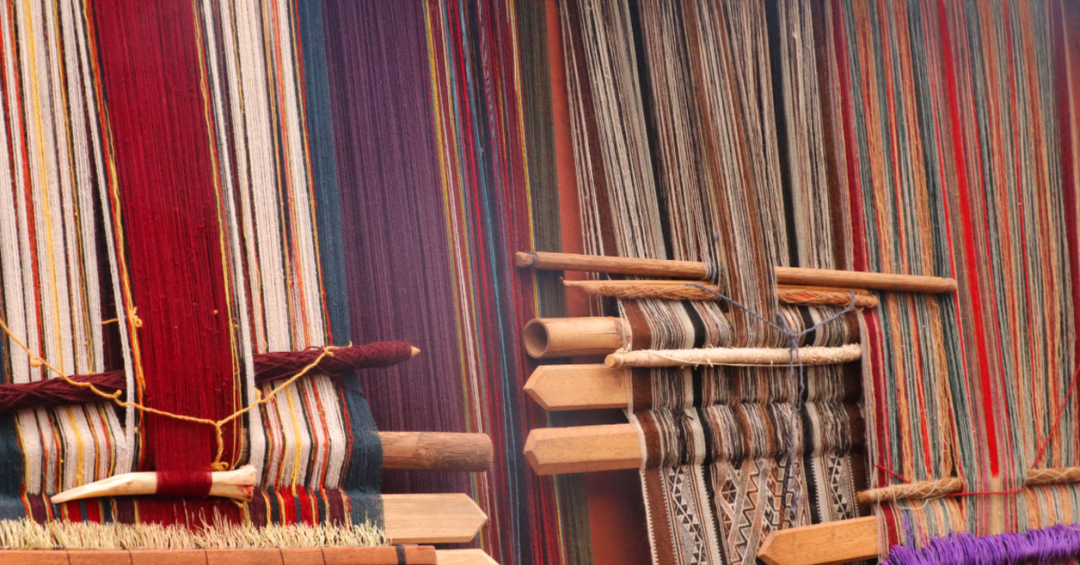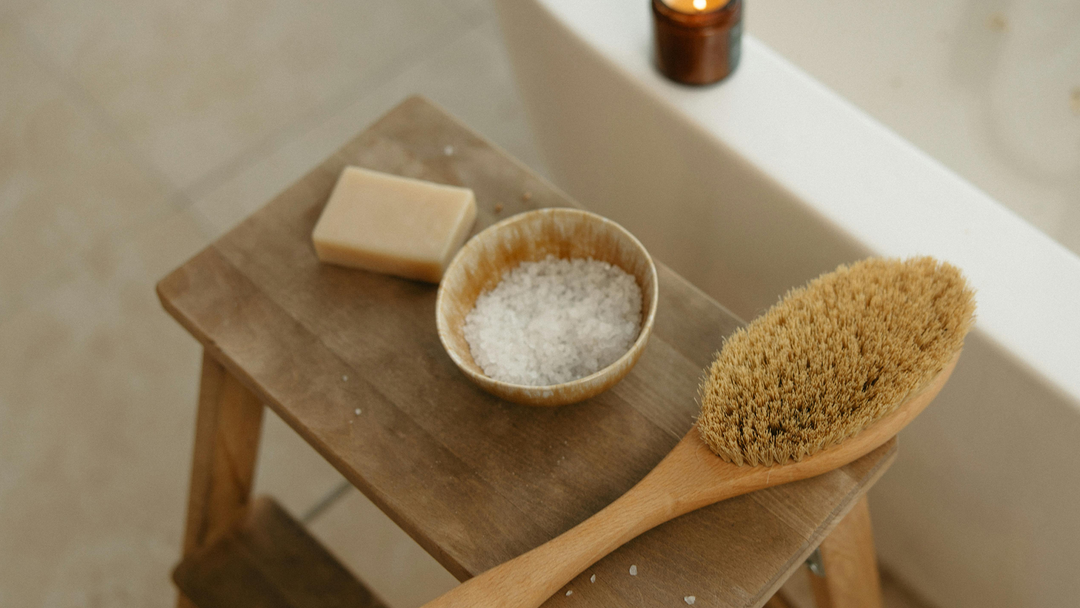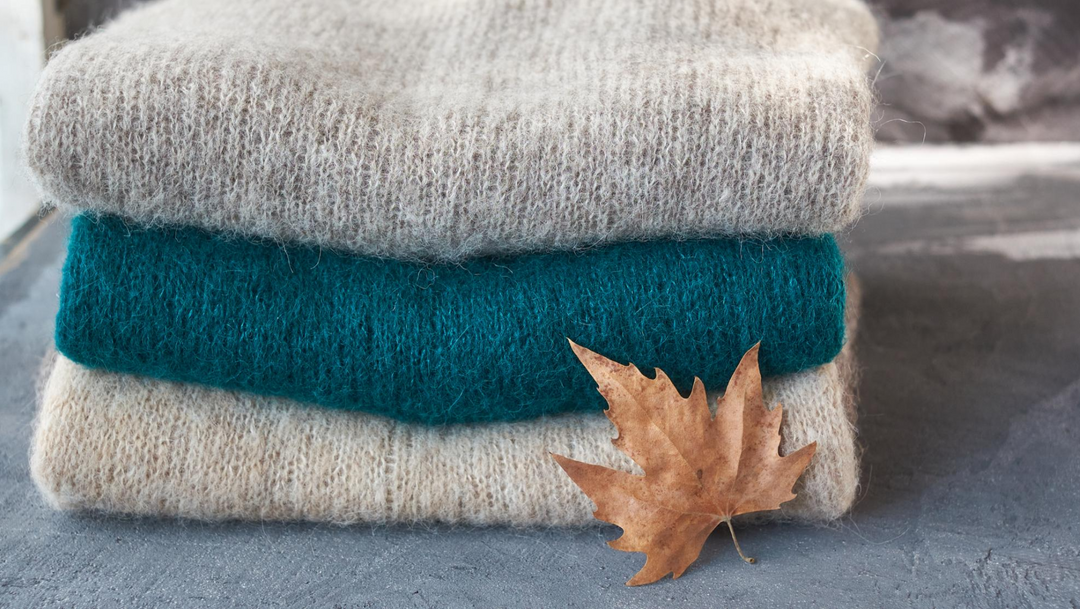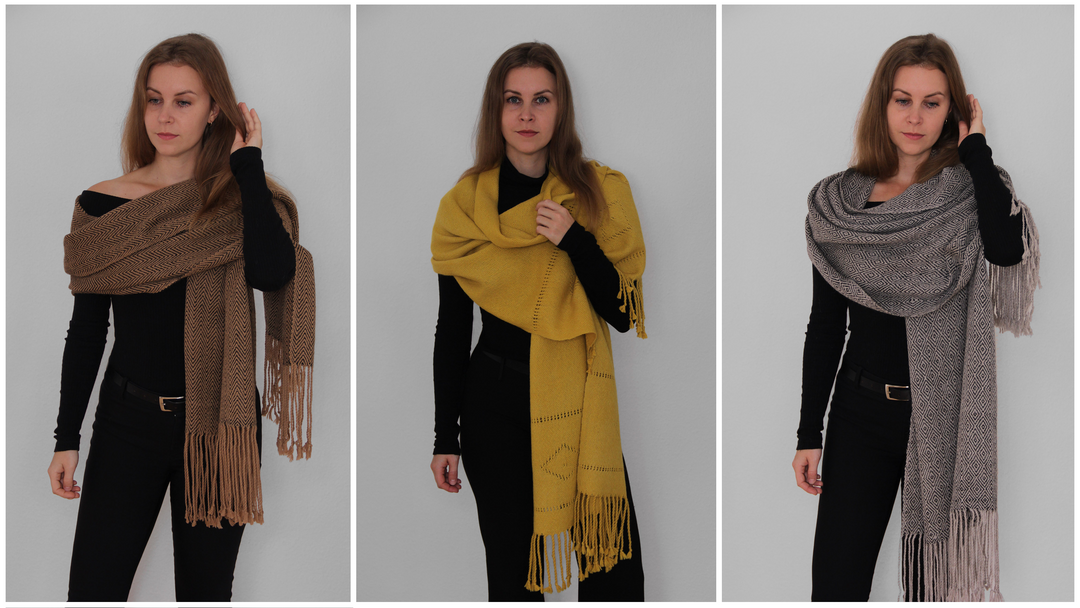Alpaca products have become increasingly popular in recent years and for good reason. Alpaca fibres are naturally hypoallergenic, soft and durable, making them a great choice for clothing, blankets and other textiles. These products can also be sustainable when made in their natural habitat, where alpaca farming is environmentally friendly and supports small farmers and artisans.
But with so many options, it can be overwhelming to know where to start when buying alpaca products. This guide is designed to give you the information you need to make an informed decision when buying alpaca products. We will discuss what to look for in terms of quality, craftsmanship and sustainability and where to shop for the best options. Whether you're looking for a cosy blanket or a stylish scarf, this guide will help you find the perfect alpaca product for your needs.
Quality of materials

When buying alpaca products, the quality of the materials used is of utmost importance. Alpaca fibres have natural properties that make them particularly suitable for clothing, blankets and other textiles. They are hypoallergenic, soft and durable.
Therefore, it is recommended to choose products made from 100% pure alpaca fibres, as they are the softest and most durable. Products made from a blend of alpaca fibres and other materials may have similar insulating properties but will not have the same quality and softness as pure alpaca fibres and will be thicker as more material needs to be used to achieve the thermal properties of alpaca wool.
It is also important to consider the processing methods of the alpaca fibres. Some manufacturers dye or chemically treat the fibres to make them softer or shinier, but this can affect the natural properties of the fibres and shorten the life of the product. It is advisable to choose naturally processed alpaca products to preserve the natural properties of the fibres.
Production

In this point we will look at the production of alpaca products and explain why it is important to consider the production methods and the quality of the materials when buying. We will compare the advantages and disadvantages of handmade and industrially produced alpaca products in order to make the best possible choice.
Handmade products
Industrial production
When buying alpaca products, it is important to consider the workmanship and quality of the materials used as well as the production method. By choosing handmade alpaca products made by skilled artisans, you are investing in a product that is durable and made with respect for the materials and the artisans who work with them. You are also supporting sustainable and environmentally friendly practices.
Sustainability

- Alpaca breeding in their natural environment is not only environmentally friendly, but a sustainable dream come true! With their minimal need for water and pasture and low methane production compared to other farm animals, alpacas have a gentle impact on the land. The real magic, however, lies in their fibres. Alpaca fibre is a renewable resource that can be harvested annually without harm to the animal. This is already amazing, but it gets even better when we look at free-range alpacas. Free-range alpacas produce the most sustainable and ethically sourced fibre and are the first choice for those who want to have a positive impact on the environment and support fair trade practices. They are not only kind to the earth, but also to the animals that live on it. So when you choose alpaca products made from free-range alpaca fibre, you can feel good knowing you are making a sustainable choice that supports ethical and responsible business practices.
- Supporting environmentally friendly practices in the alpaca industry can help counteract environmental impacts and promote sustainable practices. By purchasing sustainable alpaca products, customers can help counter environmental impacts, conserve resources and improve the quality of life for alpacas and the livelihoods of farmers and artisans. Customers can also feel good about supporting ethical and responsible business practices.
- To identify sustainable alpaca products, customers should look for manufacturers that use environmentally friendly practices such as natural feeding and processing of the fibre. The use of natural dyes, organic feed and support for small farmers and artisans can also be indicators of sustainable products.
- Although certifications such as fair trade and organic can help to promote sustainable and ethical practices within the alpaca industry, it is important to remember that these certifications can also present challenges for artisans and farmers. The fees to obtain these certifications can be costly, especially for small producers who may already be facing economic challenges. It is important to support these artisans and farmers in achieving economic stability so that they can afford these certifications and continue to produce ethically sourced alpaca products.
Where to Shop
Physical shops:
Farmers' markets and craft fairs:
Online shopping:
Conclusion: Making choices - choosing high quality and sustainable alpaca products
 Alpaca products are a great choice for those looking for high quality, sustainable and ethically produced textiles. When buying alpaca products, it is important to consider factors such as the quality of the materials and the production methods. Handmade and artisanal products offer a unique opportunity to support local economies, traditional crafts and heritage conservation. These products are often made from natural and organic materials to ensure that they are suitable for both animals and the environment. On the other hand, industrial production can be a more efficient and cost-effective option, but it may not always deliver the best quality. It is important to remember that mass production techniques can be hard on the fibres and can lead to a loss of the natural properties of the wool fibre. Overall, choosing handmade alpaca products from skilled artisans and supporting sustainable and environmentally friendly practices within the alpaca industry can help.
Alpaca products are a great choice for those looking for high quality, sustainable and ethically produced textiles. When buying alpaca products, it is important to consider factors such as the quality of the materials and the production methods. Handmade and artisanal products offer a unique opportunity to support local economies, traditional crafts and heritage conservation. These products are often made from natural and organic materials to ensure that they are suitable for both animals and the environment. On the other hand, industrial production can be a more efficient and cost-effective option, but it may not always deliver the best quality. It is important to remember that mass production techniques can be hard on the fibres and can lead to a loss of the natural properties of the wool fibre. Overall, choosing handmade alpaca products from skilled artisans and supporting sustainable and environmentally friendly practices within the alpaca industry can help.
If you would like to learn more about alpaca products in general, feel free to visit our blog "All about alpaca products". We have a variety of articles covering the unique properties of alpaca wool, how to make handicraft products and much more. Browse through our posts and immerse yourself in the fascinating world of alpaca products.





